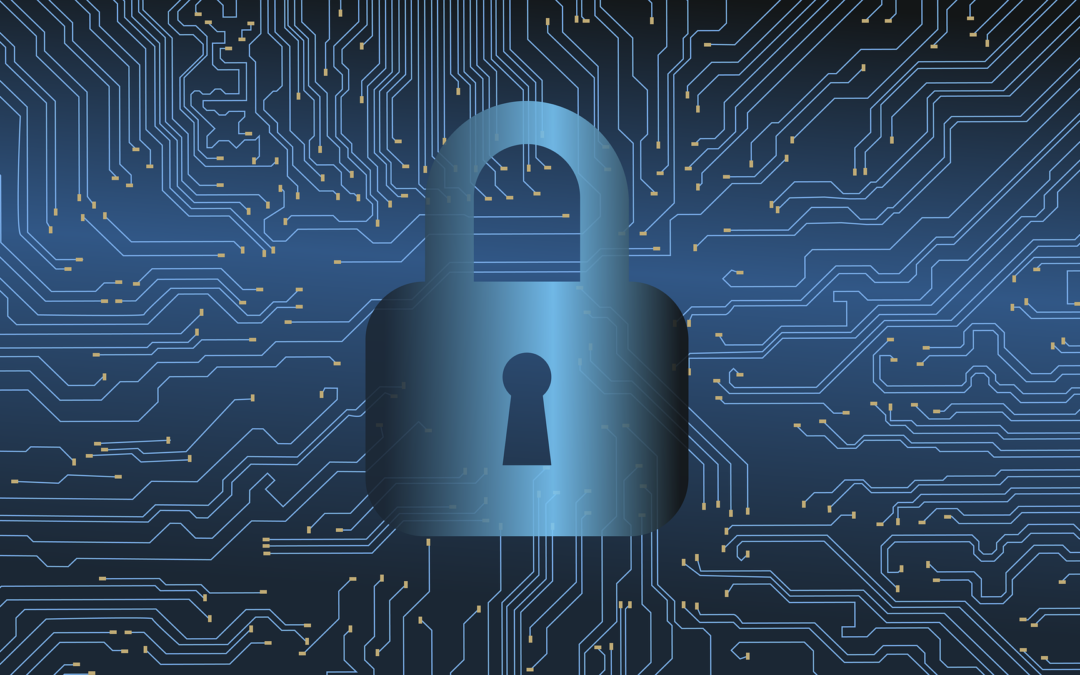Cyberattacks on the rise today. Hence, there is need to raise an awareness on some of the useful tips organization can take advantage of to avoid data breaches. Most organizations, however, hesitant to invest in cyber security citing the high overhead cost involved. Nonetheless, considering the value of information they keep, there is need to keep the data safe from attackers. For instance, most big companies like Zomato and Equifax endured significant losses in 2017 due to data breaches. In this guide, we look into what Infosecurity is important.
Cyberattacks can irreparably damage your organization; thus, the need to make security top priority. Your organization’s data is one of the most valuable assets, yet often vulnerable. Therefore, it is essential you use the right system to deter a security breach from happening.
Besides, deterrence will help you downplay emerging damages and minimize the threats. Data breaches always happen when they are least expected. Hence, staying safe is always good than feeling sorry.
What is the value of Cyber Security?
Most organization fear investing in cyber security. This because, implementing cybersecurity is not an easy task. Moreover, the technological advancement and sophistication of attacks makes it almost impossible to predict what to invest. In 2018, cyber security expenditure is expected to rise to $100 million, an indicator that companies are preparing themselves by allocating funds and training their staffs towards mitigating such attacks
While the value of cyber security may not only be quantified in monetary values alone, if there is any data breach, company’s reputations are lost, and subsequently, the aftermath may lead to clients losing trust in the organization.
Modern Security Threats
By 2021, cyber-attacks are expected to be on the rise. Hence, organizations need to refine their deterrence and mitigation skills. Discussed herein are some substantial threats that will change the landscape of cyber security.
1. Internet of Things
IoT has proved to provide incredible benefits to our daily lives, but at the same time, it poses some threats to security. With the electronic gadgets being connected to each other and providing streaming data, a new lot of cyber threats emerge. Since the concept is still new, there is no attention encryption of sensitive data, and its access restriction. Although hackers have not turned their attention entirely to exploit vulnerabilities in IoT, organizations should take advantage of the situation to develop preventive measures that can be used to deter data breaches.
2. Spear Phishing
Spear Phishing has been around for ages; however, it does not mean it is any less way of a threat. It is one of the dangerous attempts to access your personal information. It tricks you to providing your data willingly. It may results from receiving an email from someone you are familiar with and give out your information, and eventually, it leads to information loss.
3. Ransomware
For quite some time, Ransomware debate has hit the headlines for a while. It is indeed one of the modern substantial cyber threats for cybersecurity. What makes it trendier is its ability to spread quickly. In most cases, hackers target PCs or systems on a network and allow the attack to spread through to other sections of the organization through the shared network. Once the attackers overtake the machines, they encrypt the data and create a denial of service and demand for payment. Mostly, the demand to payment through cryptocurrency.
Once attackers take your systems, they encrypt the files and hold the decryption keys. However, it is worthy to note that even if you settle the payment they are demanding for, there is no surety you will get the decryption keys. Moreover, their attacking tactics are becoming more sophisticated as days go by.
Tips for cybersecurity
With the digital error, most devices connected to the internet are not free from attacks. Thus, there is need to take precautions while surfing the internet. Highlighted below are some of the ways you can keep yourself safe.
1. Passwords: Most employees use their year of birth and children’s name as passwords. Passwords presents the first line of attack for attackers. They can use spoofing devices to get your password. Therefore, as a rule of thumb, always ensure you use mixed case characters and they should not be less than six. Besides, as an organization, you should educate the employees on the need to deploy two-factor authentication.
2. Data Backup: Periodical backup of data is crucial to your company. Since, you are not certain when a cyber-attack will strike. Data backup should be carried at offsite places. Even so, you should always ensure that your back up data is kept in a safe and secure place.
3. Upgrade System software: Network technologies such as antiviruses, firewalls, and antimalware can help block malwares and Trojans that can attack your system. Thus, it is essential always to use the latest versions of the software.
4. Limit privileges: You should not give full access privileges to your employees. Employee accounts should only be granted rights that allow them to carry on with their duties.
5. Staff awareness: Employees should have knowledge that will enable them to deal with cyber threats.
6. Always monitor and test your network: As a rule of thumb, you should continuously monitor your network by performing penetration testing to detect vulnerabilities.


